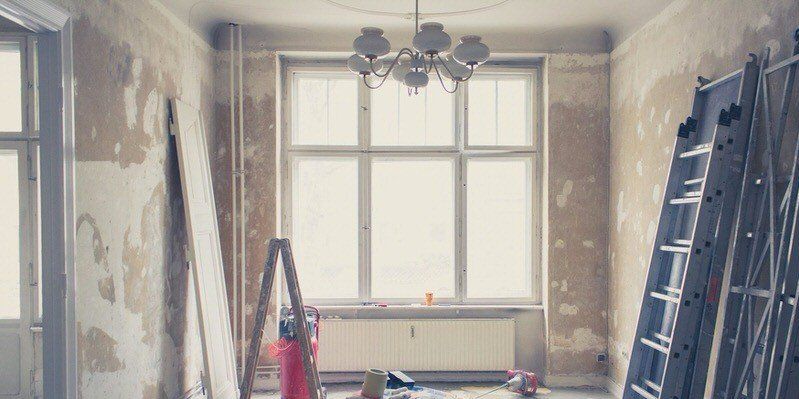Using Your Home Equity to Stay Just a Little Bit Longer
Last month, the article "Can't find the Perfect Property in Your Price Range" was published on the blog, where the purchase plus improvements program was outlined as a way to buy and renovate a property at the same time. If you are looking to buy a new home, but can't find something you love, this article is certainly worth a read! But what if you don't want to move? What if you like the place you're in, but it could use a few upgrades? Well, here are some ways you might be able to stay, just a little bit longer!
Introducing the mortgage refinance, and the refinance plus improvements. Both products allow you to leverage your home equity for home improvements.
Refinance
If your mortgage balance is less than 80% of your property's value, then assuming you qualify (given the latest changes to mortgage qualification), you can access the equity built up in your home to that 80% level. Lenders will typically ask what the funds are going to be used for, however you won't have to prove anything after the fact. You should be able to access up to $200,000. Assuming you have the equity, a refinance is a really great way to access funds for various reasons, here are just a few:
- Renovate your house
- Consolidate your high-interest debts
- Help your children pay for education
- Top up your investments
- Access money for a downpayment on a vacation property
- Start a new business (just don't quit your day job)
… Or any combination of the above
But what happens if you want to do some renovations to your property, but your mortgage balance is more than 80% of your home's value? That's where the refinance-plus-improvements comes in.
Refinance-Plus-Improvements
Although guidelines will vary from lender to lender, the refinance-plus-improvements will allow you to access up to 80% of your property's existing value, plus the cost of the renovations. Most lenders will consider 10% of the initial value of the home, or $40,000, whichever is less, to be included for renovations. So when you take the existing value of your home and add the suggested cost of the renovations, this becomes the improved value. The mortgage is then based on the improved value, instead of your existing value.
However, the catch here is that the renovations have to increase the value of your home accordingly. And the lender wants to ensure that the renovations have been completed, and the value of the property has been increased before they will actually let you have access to the money. So, although the cost of the renovations can be added to the mortgage, it's your responsibility to pay for the renovations up front, and once the improved value is substantiated by an appraisal, then the funds will be released from the lawyer's trust account.
Securing a purchase-plus-improvements is certainly a little more tricky than executing on a refinance, but if you don't have enough equity saved up, this might just be the product that allows you to access your home equity in order to increase the value of your home, and give you a nicer home to live in. Win win.
If you have any questions about either a refinance or a refinance plus improvements, and what each of these would look like given your financial situation, please don't hesitate to contact me anytime, I'd love to work with you!
RECENT POSTS





